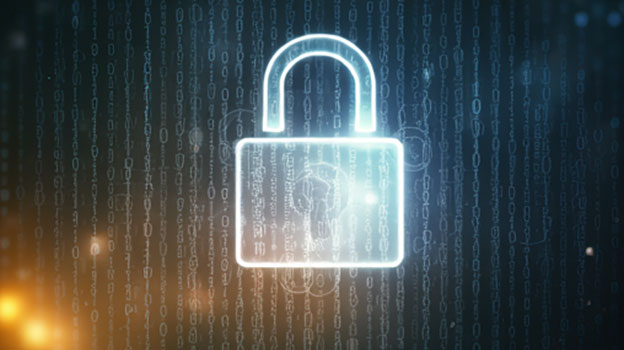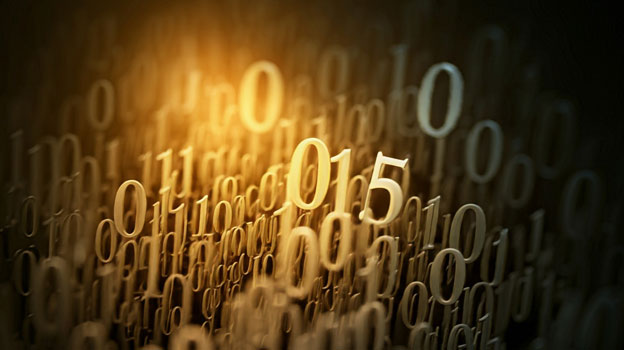
Advanced Encryption Standard (AES), originally called Rijndael, is a type of electronic data encryption. It was established in 2001 by the US National Institute of Standards and Technology.
Rijndael is a cipher suite that is made up of different key and block sizes. For AES, NIST chose three members of the Rijndael family. Each of them has a block size of 128 bits but three different key lengths. These are 128, 192, and 256 bits.
Today, AES encryption is commonplace. It is the standard used on every device that protects its data. For example, AES 256-bit encryption protection can be found on mobile devices ranging from iPhones to Androids. Additionally, the majority of today’s SSDs are also equipped with AES. USB drives and NAND flash drives also use AES. Bitcoin even relies on AES 256-bit encryption to protect its wallets.
Because AES 256 is so secure, it is the standard the NSA (US National Security Agency) uses. Think about that for a moment. If the NSA, a branch of the US federal government finds AES 256 to be their choice for data security, then this must be a rather secure form of encryption.
But… How Secure Is It?
So. Let’s assume that you tried every possible key with one of them being the correct one. But the issue here is that with 256 bits, there are more than just a few options. There are more than several options. The total number, when converted to decimal form is quite massive. We are talking 115 quattuorvigintillions…in written form, that’s 115 with 77 zeros after it.
115,000,000,000,000,000,000,000,000,000,000,000,000,000,000,000,000,000,
000,000,000,000,000,000,000,000,000
That sounds as big as it looks on paper but what if we compared it to other big items that have measurements we can use? Well, the number of individual cells in the human body totals about 36 trillion. Not a fair comparison. It’s nowhere close enough.
The age of the universe in seconds from the Big Bang to now? That’s about 430 quadrillion seconds. Still not even close.
We need to go bigger. How about the total mass of the solar system? That’s about 2 nonillions. Still too far off the mark.
Let’s use the entire universe. How about the total number of atoms in the observable universe? Only when we get to this place do we start to approach the total number of possible keys to unlock AES 256 encryption as the atom total is in the neighborhood of 60 quattuorvigintillion.
As close as that gets us, it’s still not 115 quattuorvigintillions.

What I’m getting at here is that the difficulty in guessing the correct sequence of bits is nearly impossible to comprehend to illustrate. Imagine this: if we could guess a trillion trillion trillion keys every second, and if we started doing that from the moment the universe was created to today’s date, we would need to repeat the process a billion billion times. Then repeat the whole thing another 250,000 times and only then would we find the key.
Whew!
I know…mind blowing, right?
So, if you asked me, I’d say AES is pretty secure. There isn’t a computer or AI or any existing algorithm that can attempt this and I highly doubt there ever will be one.
If you are thinking of protecting your data, AES 256 is a safe bet. However, if the key is ever lost, you will never be able to access your data. Tattooing the decryption key somewhere that will never be seen by anyone else may be the only solution if you want to play it safe. Naturally, I’m joking about the tattoo. But it is a backup plan.
That being said, I’ve seen too many cases where clients lost their data because they kept the encryption key on a USB drive that ended up getting destroyed by a clumsy dog or an accidental format glitch.
